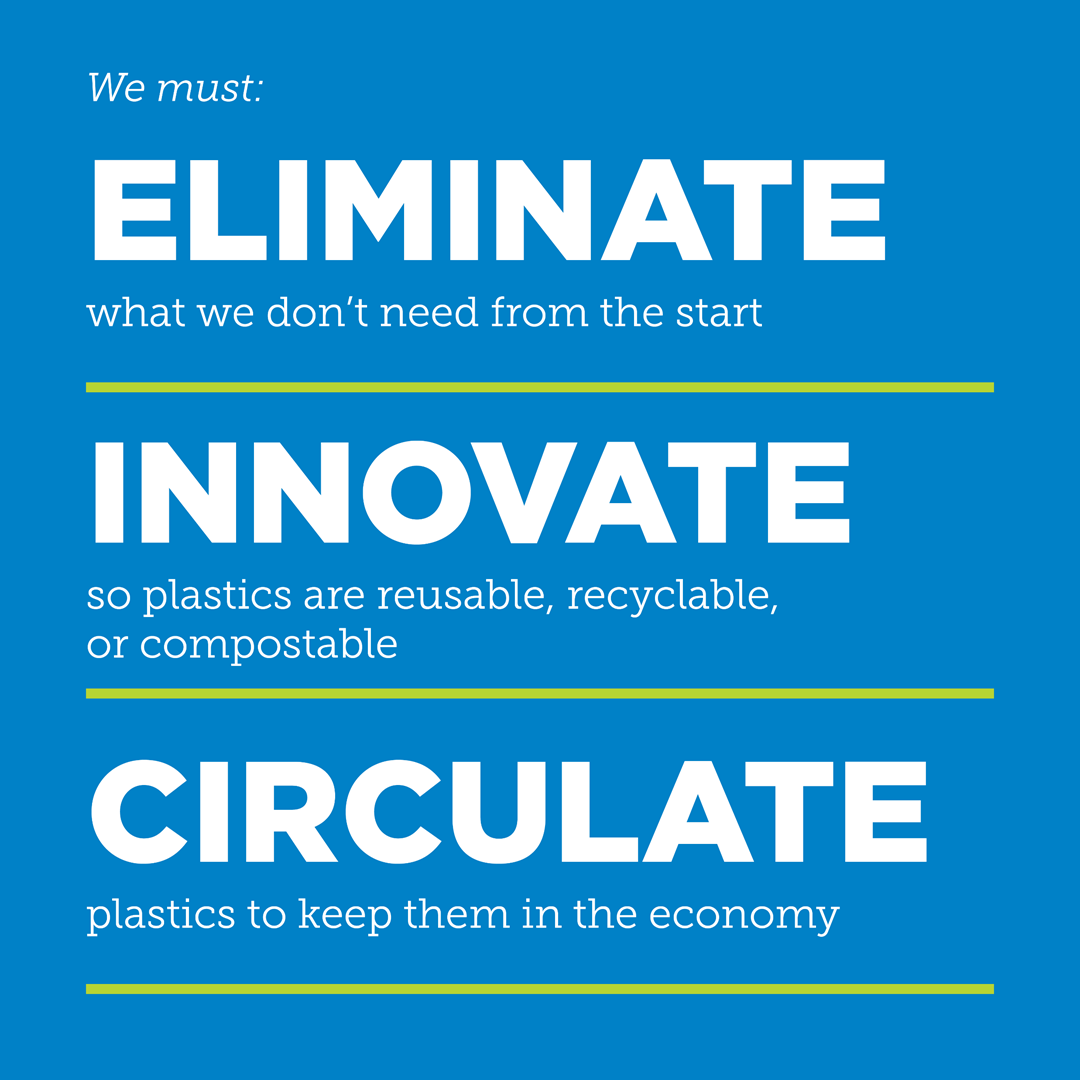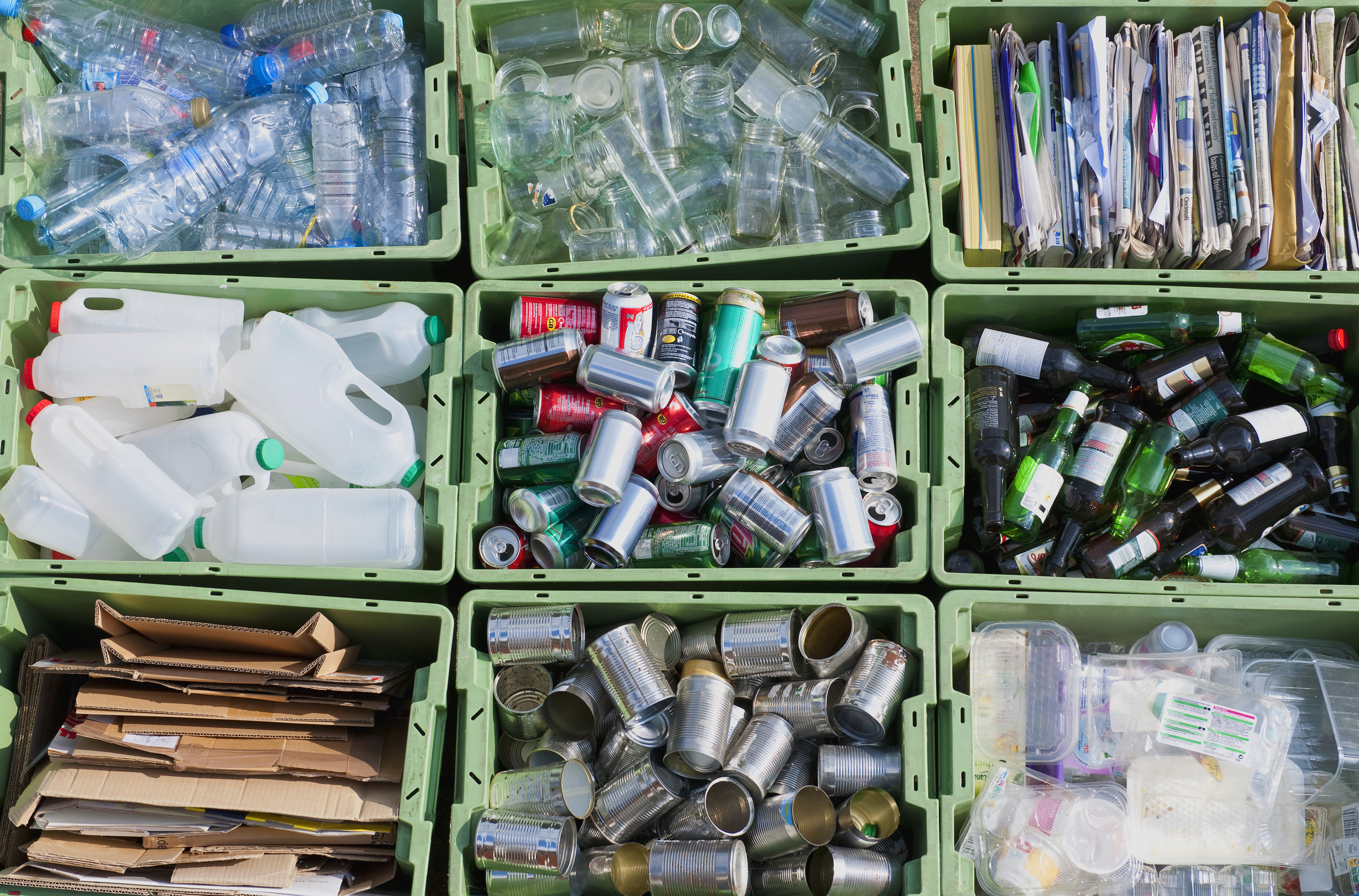



Director of Sustainability & Public Affairs, Borealis
As the noise from COP26 fades away, for all its positive progress, there’s a conversation that needs to urgently increase its volume; on the issue of plastic pollution, it’s time to super-charge change in a more tangible, rigorous way.
Circular economy is an approach that considers the whole chain and lifecycle of plastic materials, ensuring reduction of unnecessary use, promoting reuse systems, and ensuring that when we make plastic products they are reusable, recyclable or compostable in design and in practice. The call for this approach is not new; we’ve seen some businesses and governments already commit to more circular approaches, and there have been voluntary agreements like the Plastics Pact Network, the Ellen MacArthur Foundation and UNEP’s Global Commitment.
That’s why at Borealis, as a member of the Ellen McArthur Foundation, we lend our voice to calls for a UN Treaty on plastic pollution.
Click to tweetThe problem is, voluntary agreements can only take us so far; to move beyond just those being driven by either the goodwill, resources and influence to change, we need the backbone of a more formal, negotiated and measurable set of ambitions and regulations. That’s why at Borealis, as a member of the Ellen McArthur Foundation, we lend our voice to calls for a UN Treaty on plastic pollution. As a progressive business in the plastic value chain, we believe it’s time to act in a concerted way that leads to a more committed, scaled, and active playing field in how we all move forward towards circularity.
Firstly, it’s important to point out that this is not about starting from scratch; there’s already a shared sense of urgency and action around tackling plastic pollution, as plastics sector, as value chain, as governments. Critically, it however needs to be complemented with the power of policy support; policy that helps enable, equalise, measure and incentivise efforts to create future-positive change. A global treaty would help create common goals and legally binding targets and would promote more harmonised national action plans that can be subsequently measured.

A second key area of need is to create the right conditions of circular change for all regions and countries; some are in need of development and investment far more than others. A coordinated approach could create a better, fairer system to help develop infrastructure and innovation and promote better resource management capabilities in countries and industries where it is most needed to tackle the issues. There isn’t a one-size-fits-all solution, so together we need to ensure that legislation and action is fair to businesses, communities and the plastic sector in all regions.

If we are truly to scale the change needed to transition to a circular economy for plastics, it’s going to take investment; for example, there is a significant financial gap in implementing more sustainable waste management systems. This is another benefit of reaching a unified approach; it could help facilitate investments – both public and private – for new sorting and recycling technologies as well as for research funds that will be vital for circular innovation.
This is why we, as Borealis, are lending our voice to calls for a UN Treaty on plastic pollution. A circular economy will require collaboration, coordination and conversation to unify efforts across businesses, governments and regions. It can be a catalyst for the changes already happening, accelerating them as well as stimulating new ones in a way that works for all. Negotiation is essential, and it’s equally essential that this happens as soon as possible.

Our next milestone is to all work together towards a common understanding of the main building blocks for a new UN Treaty on plastic pollution, and to agree on establishing an international negotiating committee at UNEA 5.2 in February 2022.
We’re ready to be a part of that in all the ways we can.
Director of Sustainability & Public Affairs, Borealis